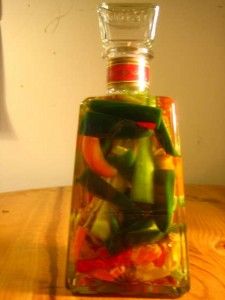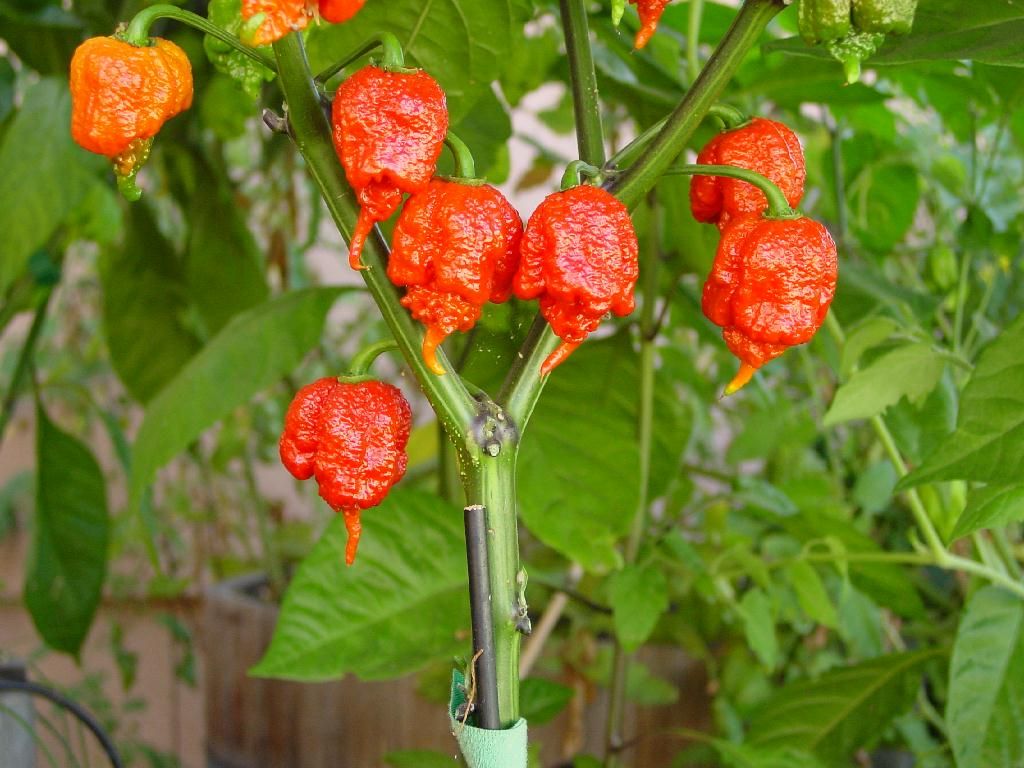Originally posted by durrelllrobert
| Quote: | Originally posted by KaceyJ
you should experiment adding some chinese prickly ash to your concoctions, it has a numbing affect which can hide the heat |
www.webmd.com/.../ingredientmono-1121-CHINESE%20PRICKLY%2...
Chinese prickly ash is a plant. The bark and berry are used to make medicine. Be careful not to confuse Chinese prickly ash with ash, or northern or
southern prickly ash.
People take Chinese prickly ash to treat vomiting, diarrhea, stomach pain, water retention, parasites, snakebite, and skin diseases. They also use it
as a painkiller, stimulant, and tonic.
In foods, Chinese prickly ash is used as a spice.
How does it work?
It is not known how Chinese prickly ash might work.
CHINESE PRICKLY ASH Side Effects & Safety
There isn’t enough information to know if Chinese prickly ash is safe for use as a medicine.
Special Precautions & Warnings:
Pregnancy and breast-feeding: Not enough is known about the use of Chinese prickly ash during pregnancy and breast-feeding. Stay on the safe side and
avoid use.
Surgery: Chinese prickly ash might slow blood clotting. There is some concern that it might increase the risk of bleeding during and after surgery.
Stop using Chinese prickly ash at least 2 weeks before a scheduled surgery.
CHINESE PRICKLY ASH Interactions
Moderate Interaction Be cautious with this combination
Medications that slow blood clotting (Anticoagulant / Antiplatelet drugs) interacts with CHINESE PRICKLY ASH
Chinese prickly ash might slow blood clotting. Taking Chinese prickly ash along with medications that also slow clotting might increase the chances of
bruising and bleeding.
Some medications that slow blood clotting include aspirin, clopidogrel (Plavix), diclofenac (Voltaren, Cataflam, others), ibuprofen (Advil, Motrin,
others), naproxen (Anaprox, Naprosyn, others), dalteparin (Fragmin), enoxaparin (Lovenox), heparin, warfarin (Coumadin), and others.
[Edited on 4-7-2014 by durrelllrobert] |


































